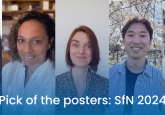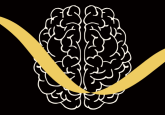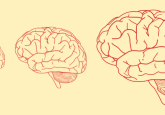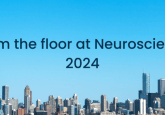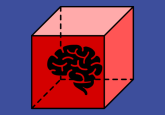From AI to kazoos: Neuroscience 2024 in review with SfN’s Past President Marina Picciotto

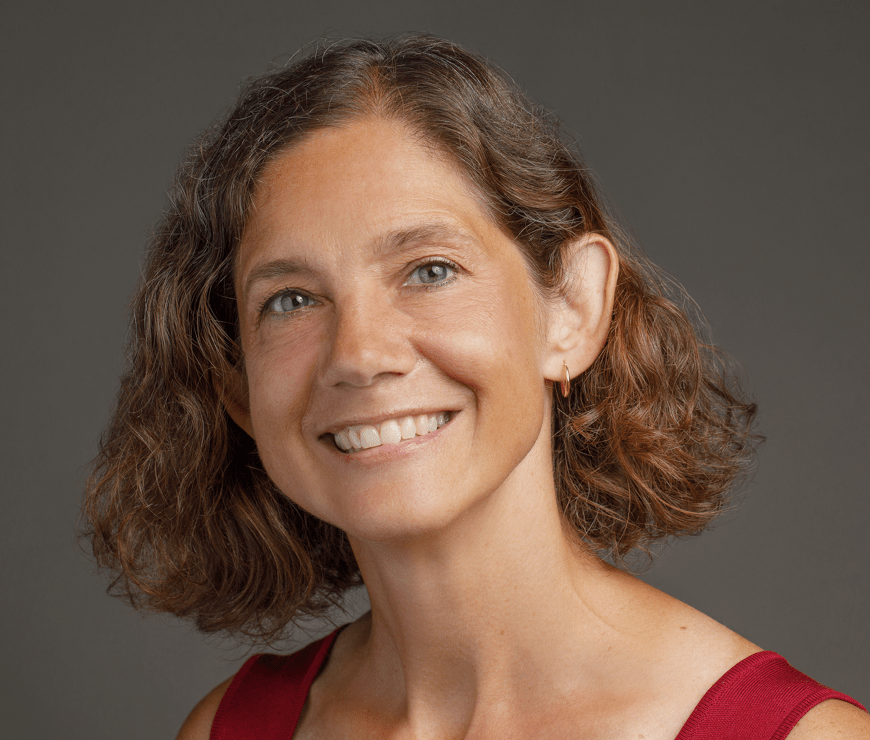 This year’s annual meeting of the Society for Neuroscience (SfN), Neuroscience 2024 (5–9 October; Chicago, IL, USA), as always, covered a wide range of topics to reflect the diversity of its members. We spoke to SfN’s Past President Marina Picciotto about her picks for the Presidential Special Lectures (PSLs), learning to play the kazoo alongside thousands of neuroscientists, and bursting the bubble of experimental domains to make connections across disciplines.
This year’s annual meeting of the Society for Neuroscience (SfN), Neuroscience 2024 (5–9 October; Chicago, IL, USA), as always, covered a wide range of topics to reflect the diversity of its members. We spoke to SfN’s Past President Marina Picciotto about her picks for the Presidential Special Lectures (PSLs), learning to play the kazoo alongside thousands of neuroscientists, and bursting the bubble of experimental domains to make connections across disciplines.
Marina is a professor at Yale University (CT, USA), where she uses a range of techniques to explore the role of acetylcholine and its receptors in natural behaviors and those relevant to understanding psychiatric illness and addiction.
What themes or topics did you focus on when curating this year’s Presidential Special Lectures (PSLs)?
There is so much going on in neuroscience these days that it is impossible to cover everything, even at a meeting as large as Neuroscience 2024. Still, we were excited to spotlight a few topics to the broad audience at SfN. First, the emergence of AI tools has had an impact across the neuroscience field, so we wanted to highlight the broader implications of AI and how this might change how we think about cognition. This was highlighted in Laurie A. Paul’s (Yale University) PSL about what large language models might tell us about perception and knowledge.
Second, highly collaborative, open-science projects are transforming how neuroscientists use huge datasets. Rui M. Costa, the president and CEO of the Allen Institute (WA, USA), focused his PSL on the data, tools and knowledge generated by mapping the cell types and circuits in the mammalian brain.
Third, Nancy Y. Ip (Hong Kong University of Science and Technology, China) used her PSL to highlight how very basic cellular and molecular studies might be translationally important to tackle a complex disorder such as Alzheimer’s disease.
Finally, new tools and sensors have been allowing neuroscientists to increase their understanding of brain function in ways we couldn’t imagine 10 years ago. Markita D. Landry (University of California, Berkeley, CA, USA) focused her PSL on how engineering and nanotechnology can generate molecular sensors for imaging neurotransmitters in the brain that are complementary to genetically encoded fluorescent sensors.
All of these lectures are available for registered meeting attendees to watch on the Neuroscience 2024 Virtual Component until 10 November.
What were your highlights from this year’s annual meeting?
My highlights were too many to count – I was drinking from the fire hose for the entire week. That said, I think having thousands of neuroscientists learn to play the kazoo together to illustrate principles of neuroesthetics and social learning was a very special moment.
What are three key things that you would like people to take away from Neuroscience 2024?
I would like people to remember that science is a communal endeavor, and sharing scientific knowledge, techniques and especially challenges and failures, makes all our work better and more rigorous. When we get together across subdisciplines in neuroscience we can make connections that don’t happen when we stay in the bubble of our own close experimental domains.
What do you see as the role of SfN in the field of neuroscience?
From a meeting’s perspective, the SfN annual meeting is the largest neuroscience meeting in the world. There is no better opportunity for someone in our field to meet a new collaborator, discover inspiration for a new project or find the next step in their career path. SfN’s role is to catalyze all the good things that come from bringing our field together under one roof.
Whether they consider themselves neuroscientists, neuroscience-adjacent or just curious about neuroscience, I encourage your readers to join us at Neuroscience 2025 in San Diego, 15–19 November 2025. Abstracts will open 21 May 2025.
The opinions expressed in this interview are those of the interviewee and do not necessarily reflect the views of BioTechniques or Taylor & Francis Group.
